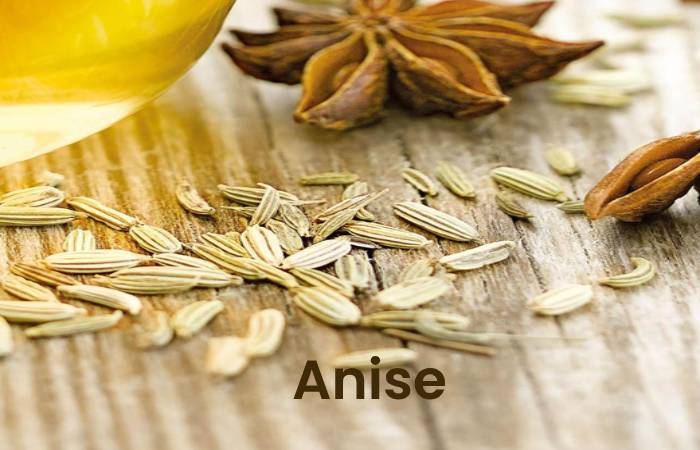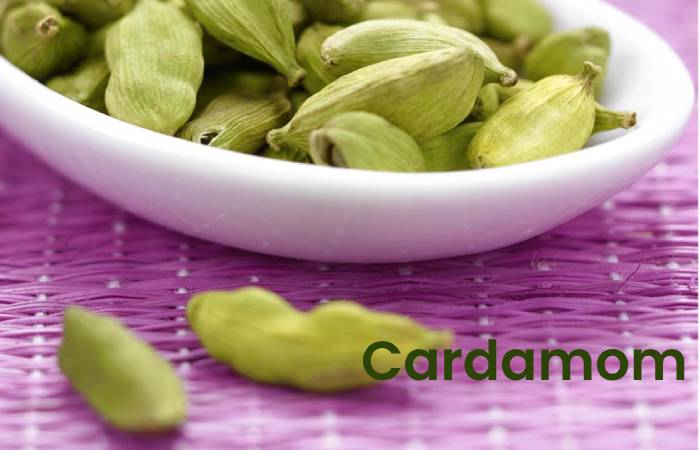Throughout life, we suffer from gases. Burping through the mouth or expelling them through the anus is normal; in fact, they will evacuate between 14 and 23 times a day. It is something so familiar that it begins to form part of the day today. Consequently, when flatulence is uncomfortable, it can affect the quality of life. However, Practicing five natural home gas remedies prevents the causes of annoying gases.
Table of Contents.
Flatulence is uncomfortable and annoying and causes us much social stress, but it is not a disease in itself. Of course, when it stops being occasional and becomes chronic, it can be an indication of a health problem or bad habits. Thus, the malfunction of the liver or the colon, eating too fast, or even smoking are factors that affect excess gas.
Also Read: The Right And Natural Foods For Proper Digestion By Experts
Bacteria in our Intestines
The number of people who suffer from these complaints cannot calculate since it is not considered as a disease. However, when the complaints are more severe and constant, a doctor must be consulted.
We all have bacteria in our intestines that produce various gases: mainly hydrogen, carbon dioxide, and methane, which can contain sulfur. The volume of gas and its composition depends both on the types of bacteria that colonize the intestine, and diet we consume. Flatulence is due to an excess of gas – and in particular sulfurous gas (with sulfur) – that cannot expel.
If you have this problem, apart from consulting your doctor and taking care of your diet, you can quickly alleviate the symptoms with home remedies.
Natural and Straightforward Tips Take note:
Anise Easy Among Home Gas Remedies

Anise, both starred, and seed is very useful in eliminating gases, as well as controlling intestinal inflammations. Take it as an infusion after heavy meals, or if you have eaten some hefty food.
Indigestion is a common complaint about everyone. All over the world, anise tea has a long and excellent reputation for health, in being able to treat an upset stomach and promote healthy digestion naturally. It is due to its antidote properties, which help to relax the overactive muscles of the intestine.
Anise also helps reduce nausea, decrease bloating, and eliminate flatulence by releasing the accumulation of gases in the digestive tract.
The Traditional Medicine Research Center of the Shiraz University of Medical Sciences in Iran conducted a study on the efficacy of anise for treating intestinal disorders.
The patients have divided into three groups, and one has given a placebo, another a drug indicated for this condition, and the third group some capsules with anise.
The researchers concluded that of the three, anise’s mechanism of action was the most effective in treating the syndrome.
- Other properties of anise. In addition to fighting gas and bloating, it improves stomach tone.
Cardamom Common Among Home Gas Remedies

It is a greenish fruit, It has the exquisite flavor and pleasant aroma it provides to both sweet and savory dishes. Inside this fruit, there are small brown seeds, which ground to obtain one of the most expensive spices in the world, after saffron and vanilla.
Regarding its flavor and aroma, cardamom has a strong and somewhat sweet taste, and it is quite aromatic. With floral notes, so it is combined with other spices such as cinnamon and cloves.
To give you an idea, 100g of cardamom provides 311 Kcal, 68.7 g of carbohydrates, 28 g of fiber, 10.76 g of protein, and 6.7 g of fat. Besides, this spice is considered an essential source of minerals such as sodium, calcium, iron, magnesium, phosphorus, and potassium, and vitamins of groups A, B1, B2, B3, B12, and C.
The seeds of this medicinal herb have essential oil that stimulates digestion and facilitates the evacuation of gases. You can combine it with star anise and mint.
- Other properties of cardamom. It stimulates appetite, fights bad breath, and protects teeth.
Mint is Best Among Home Gas Remedies

Mint is a great snack or palate cleanser. The aroma of the herb activates the salivary glands of the mouth, as well as the glands that secrete digestive enzymes, thus facilitating digestion.
It also cures the stomach in case of inflammation or indigestion. It is a powerful remedy for relieving the symptoms of irritable bowel syndrome (IBS).
A 2013 study reveals that the menthol present in peppermint can relieve diarrhea. Also, menthol oil derived from peppermint candies can be very soothing for nausea and related dizziness.
Yes, peppermint is also relaxing and anti-inflammatory, so it works against stress, anxiety, tension, and headaches, and muscle aches. At this time you can add mint leaves to your smoothies or meals, and even apply ointments made from this plant to treat topical conditions.
In addition to having a delicious flavor, it works very well to regulate digestive processes, quickly relieves the feeling of a bloated stomach, and is also very effective against gases. Combine it with cinnamon or lemon peel.
With mint tea sweetened with honey, you get instant relief. Add a few fresh mint leaves to a cup of boiling water and let it steep for a few minutes; strain it and take it with honey after meals. You can also chew fresh mint leaves, or mix two drops of peppermint oil with half a cup of cold water and drink it once or twice a day
- Other properties of mint. It also works well to avoid fluid retention and has an analgesic effect.
Ginger is Popular Among Home Gas Remedies

The compounds in ginger are phenolic helps to reduce bile production, stimulate saliva, gastrointestinal irritation, and suppress gastric contractions as food and fluids move through the digestive tract.
It also appears to have beneficial effects on the enzymes trypsin and pancreatic lipase and to increase their transit through the digestive tract. It suggests that ginger could help prevent colon cancer and constipation. Ginger will consider a way to lose weight, as it reduces swelling.
Activates metabolism (making it one of the spices with fat-burning power ), facilitates digestion and is effective against abdominal pain caused by gases. Apart from infusion, take a teaspoon crushed ginger before eating or even add it to dishes to avoid gas.
ALSO READ: Right Dumbbells For Home Muscle Training By Best Trainer
Drinking ginger tea is another excellent way to reduce gas build-up in the digestive system. To make it, boil a tablespoon of ground ginger or 3 or 4 small slices of fresh ginger in a cup of water for a few minutes. Drink this infusion two or three times a day.
- Other properties of ginger. It is also beneficial for respiratory and rheumatic diseases.
Oats

Oatmeal is one of the cereals with the most benefits for our health. Since, it has specific properties that make it an ideal super seed for a large number of people. The basis of the diet of several civilizations has considered the queen of cereals.
In addition to breakfast or porridge, oatmeal can also be taken as an infusion. And also, is very effective against gas and bloated stomachs. I was taking it before or after eating favors intestinal transit and helps the absorption of nutrients.
- Other properties of oats. It activates the metabolism, it is diuretic, and it has much fiber, among other benefits that make oats so healthy.
Its consumption can help reduce blood sugar levels. As well as, the risk of suffering from heart disease, related to high cholesterol levels.


